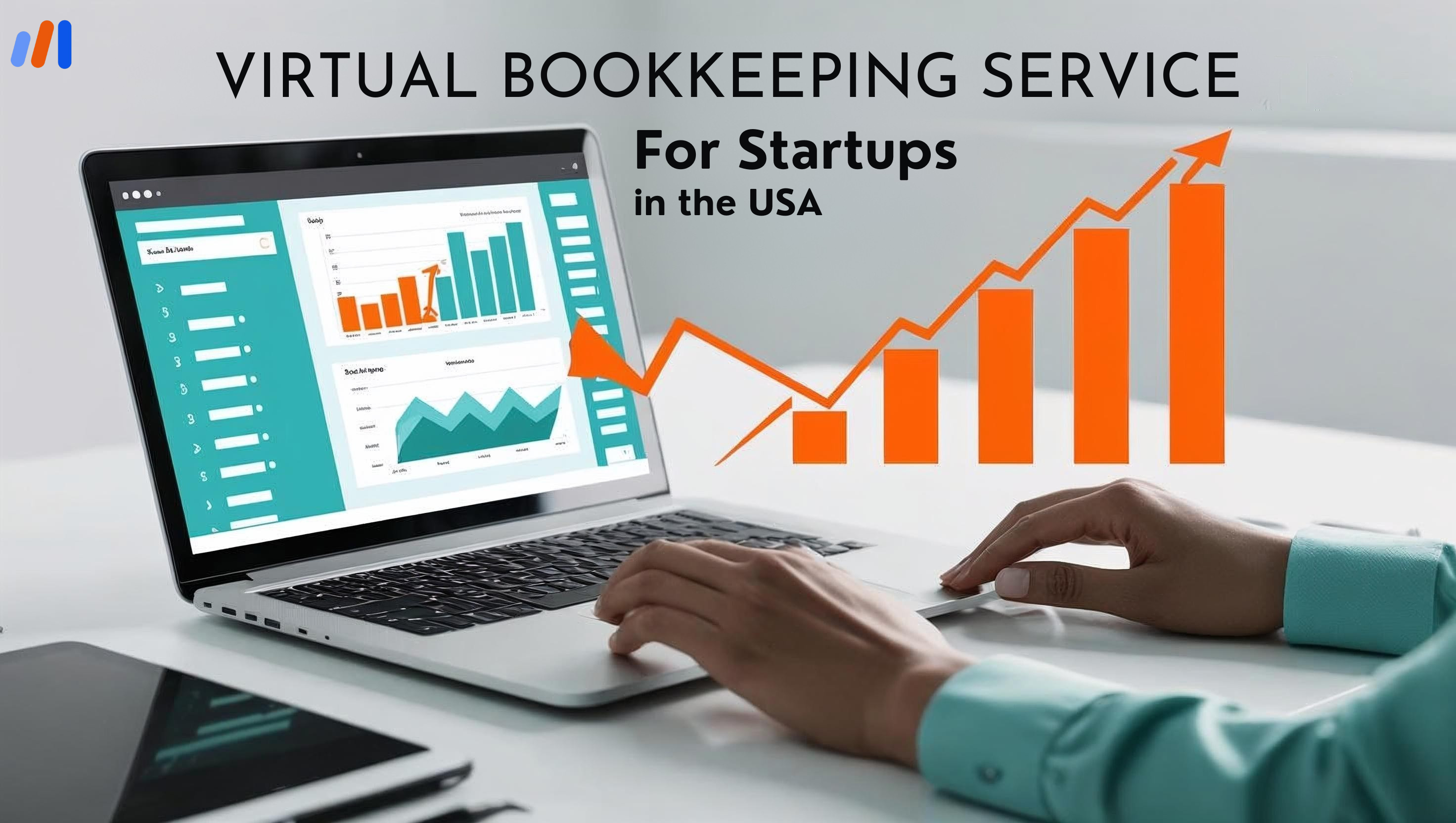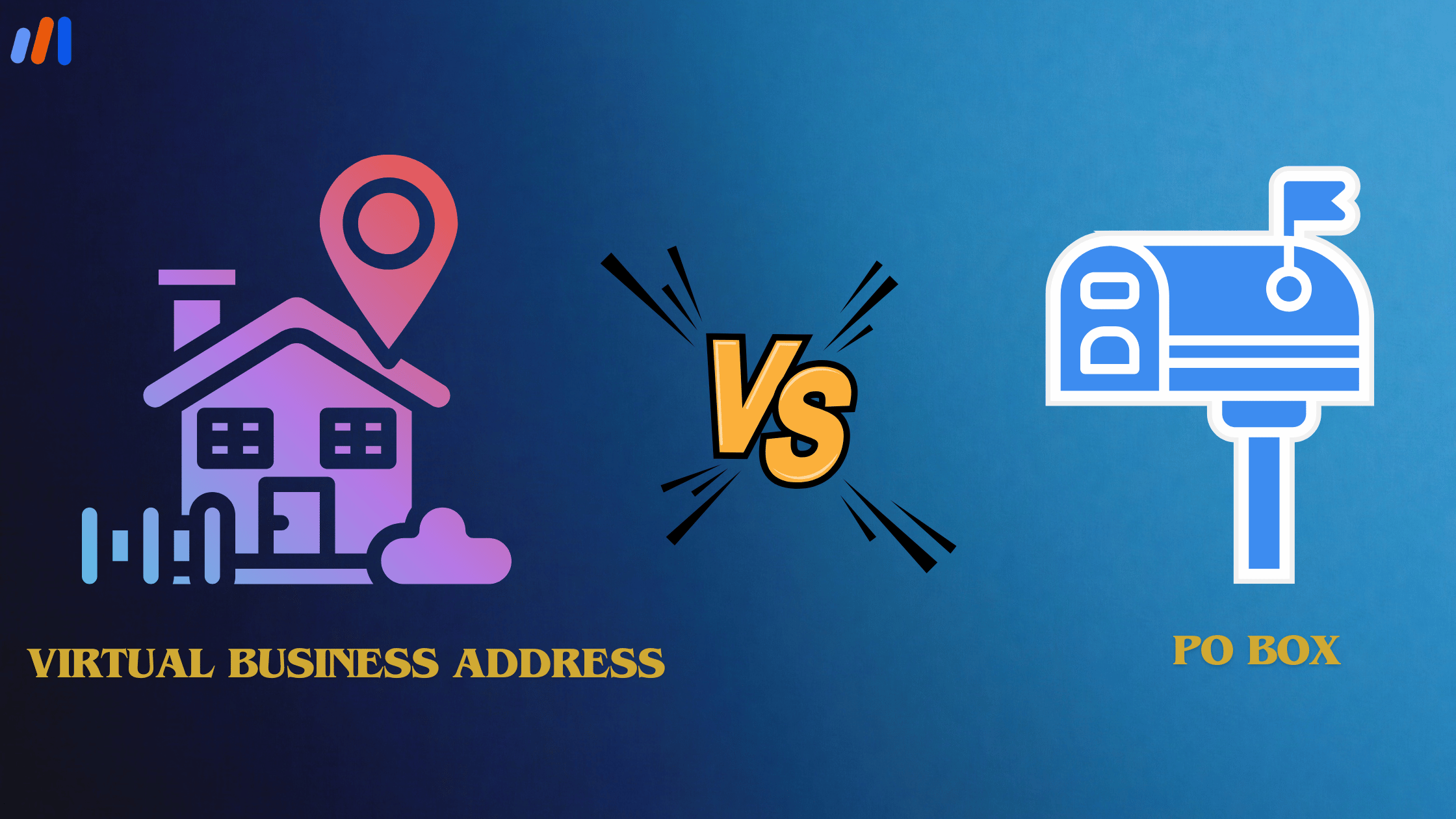As an entrepreneur in the USA, you wear multiple hats as you balance getting a product to market, marketing, engaging with customers, and managing finances.
With limited budgets, most startups cannot consider hiring an in-house bookkeeper. This has led many startups to seek virtual bookkeeping services, which are professional, affordable, and efficient.
In this article, we will outline everything you need to know about virtual bookkeeping services for startups, their advantages, and their potential impact on your finances in the United States.
Explaining Virtual Bookkeeping Services
As technology heavily influences the bookkeeping profession, virtual bookkeeping can be defined as managing bookkeeping activities so long as there is internet access to the accounting software.
Instead of employing a full-time bookkeeper, you can engage the services of a remote bookkeeping agency or a single practitioner who works from home.
Some of the services completed by a virtual bookkeeper include:
- Tracking and classifying all transactions associated with a business.
- Reconciling bank accounts and credit cards.
- Managing incoming and outgoing invoices.
- Coordinating with payroll providers or running payroll.
- Preparing financial reports on a quarterly or monthly basis.
- Raising the books in readiness for tax filings at the end of the financial year.
All of this is made possible through the use of advanced technology and accounting software, which includes QuickBooks Online, Xero, Wave, and other cloud-based solutions.
Key Reasons Startups In The US Should Consider Using Remote Virtual Bookkeeping Services
1. Cutting Costs By Skipping In-House Bookkeeping Staff at The Early Stages
The costs associated with having a full-time bookkeeper or accountant extend far beyond just payment; there is also training, payroll taxes, and benefits. During the initial phases of growth, virtual bookkeeping helps startups by paying only for the services they require, which helps them save a great deal of money.
2. Contractor Bookkeeping Frees Up Your Schedule
Founders are expected to juggle a broad range of roles, and bookkeeping is hardly a good use of their time. Outsourced bookkeeping allows founders to prioritize looking after product development, fundraising, customer engagement, and the list goes on.
3. Professional Writing Expertise Without Shelling Out A Ton of Money
Virtual bookkeeping firms often employ certified professionals who bring years of experience with them. As a startup, you get access to that knowledge without being shackled to pay an exorbitant amount for a full-time CFO.
4. Enhanced Flexibility In Scaling Support For Record Keeping
Your startup will evolve with time, as will its financial intricacies. With your growth, virtual bookkeepers can expand their service offerings to include advanced reporting, cash flow forecasting, and even controller-level insights if required.
5. Enhance Your Business Decisions with Real-Time Financial Data Access
As most virtual bookkeeping services are cloud-based, you can view your financial records anytime. Whether you’re practicing for a pitch, checking cash flow, or assessing profitability, being able to access updated data puts you in command.
What Considerations Should You Have When Choosing Virtual Bookkeeping Services?
It is important to evaluate every single provider because there’s no uniformity for virtual bookkeeping services. Here are some pointers you should decide upon for your startup:
Prior work experience with small startups: Pick a service that has experience working with clients that are starting up, since they know the hurdles associated with these new businesses.
Familiarity with Xero for Cloud-Based Accounting: Select a service provider that uses one or more of the accounting tools you already utilize, like QuickBooks or Xero.
Adequate measures for data security: Important confidential information, especially financial records using virtual bookkeeping, must be encrypted and stored safely.
Clear Pricing without Unnecessary Charges: Select a service that is upfront about its pricing models and will not bill you with additional surprise costs.
Assistance for Tax Preparation with CPAs: Some are tax advisors or preparers and save you time and money by preparing the financial statements ready for tax submission.
Best Cloud-Based Accounting Tools Useful in Virtual Bookkeeping for Startups
A competent virtual bookkeeping service must integrate with at least one popular accounting software (in the bookkeeping industry). Some of the most popular include:
QuickBooks Online: The QuickBooks Online variant is the most utilized accounting tool by startups in the U.S due to its ease of use and robust features.
Xero: Recognized for its useful interface and compelling features for startups and international businesses.
Wave Accounting: A cloud-based accounting software perfect for early-stage microenterprises with basic accounting functions. It’s free.
FreshBooks: Set aside for service-based industries, this software is particularly popular due to its invoicing and time-tracking services.
How EasyWorks by EasyFiling Helps New Businesses Achieve Efficient Virtual Bookkeeping
Knowing the challenges that startup founders face, EasyFiling developed EasyBooks, a virtual bookkeeping service made specifically for small businesses and startups in the USA. At EasyFiling, we know bookkeeping is a handful, and that’s why we came up with EasyBooks.
The features that make EasyBooks different include the following:
- Easy Access Cloud Technology: Your financial data is accessible anywhere and at any time through proven software technologies.
- No Hidden Fees Accepted: We offer pricing plans that fit your budget without surprise costs.
- Knowledgeable Staff: You can contact us when you need assistance, as our staff are always equipped to provide answers and help you grow.
- Customized Tax Services: We prepare your books for the tax season, and we can also work with your CPA to assist with taxes.
Whether you’re bootstrapping or scaling fast, EasyBooks gives you the peace of mind to focus on building your dream business.
Conclusion
With the right approach, bookkeeping doesn’t have to be an afterthought. Virtual bookkeeping services provide easy access to clarity, cost savings, specialist skills, and oversight needed for sustainable growth.
Instead of grappling with endless spreadsheets or hiring expensive in-house staff, you can partner with experienced professionals who ensure compliance and organization, so you can focus on what matters.
Ready to simplify your startup’s finances?
Try EasyBooks by EasyFiling and experience a smarter, simpler way to manage your bookkeeping.
Frequently Asked Questions (FAQs)
Is my startup’s financial information secure with virtual bookkeeping services?
When done with reputable providers, yes. Most services employ security measures such as encrypted cloud-based software, secure file sharing, and limited access controls to protect your financial data.
How much do startup businesses typically spend on virtual bookkeeping services?
Prices vary depending on the size of your business and the services you require. Typically, virtual bookkeeping services for startups range from $150 to $600/month. Some providers offer tailored packages based on the number of transactions, accounts, and reports needed.
What other tasks can be done by a virtual bookkeeper?
Virtual bookkeepers do not file taxes unless they are certified tax preparers; however, they can prepare tax-ready financial statements and communicate directly with your CPA or tax advisor to optimize the filing process.
Which tools do virtual bookkeepers use, and are the tools included in the price?
Most virtual bookkeepers work with QuickBooks Online, Xero, Wave, or FreshBooks. Some services integrate the software into their pricing plans, but others may ask you to sign up independently. Make sure to confirm this with your provider.
Are virtual bookkeeping services capable of adapting to the growth of my new startup?
Certainly. Virtual bookkeeping is one of the most flexible forms of bookkeeping available. As your startup evolves and becomes more intricate financially, your provider can supply additional services, including but not limited to payroll services, advanced financial planning, and even CFO services.
File Your LLC Today
25$ off with a coupon
Lock in EasyFiling's transparent rates and get lifetime compliance support at no extra cost.
Get Started Now







